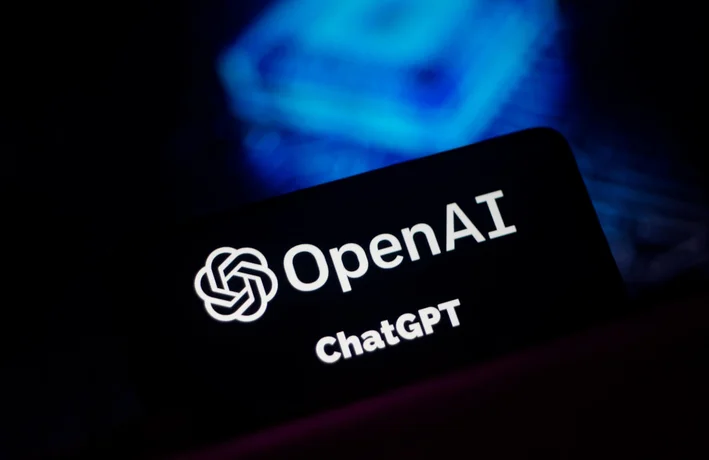Italy Fines ChatGPT
Italy’s data protection authority, known as Garante, has imposed a €15 million ($15.6 million) fine on OpenAI, the U.S.-based developer of the AI chatbot ChatGPT, following an investigation into the company’s data handling practices.
Investigation Findings
Lack of Legal Basis: The Garante concluded that OpenAI processed users’ personal data to train ChatGPT without a solid legal foundation, violating transparency standards and failing to adequately inform users about data collection and usage.
Inadequate Age Verification: The investigation revealed the absence of an effective age verification system, potentially exposing children under 13 to inappropriate AI-generated content.
Mandated Actions:
Public Awareness Campaign: In addition to the monetary fine, OpenAI is required to conduct a six-month public awareness campaign across various Italian media outlets to educate the public about ChatGPT’s data collection methods.
Related: Data Startup Matia Shares It’s 11-Slide Pitch Deck Which Got Them $10.5 Million From Seed Round
OpenAI’s Response
OpenAI described the fine as “disproportionate,” noting that it significantly exceeds the company’s revenue in Italy during the relevant period. The company has expressed its intention to appeal the ruling but remains committed to collaborating with privacy regulators worldwide to ensure AI systems respect individual privacy rights.
Broader Regulatory Context
This action by the Italian authority aligns with a global trend of increased regulatory scrutiny over AI technologies. The European Union’s forthcoming AI Act is expected to establish comprehensive guidelines for artificial intelligence, and both U.S. and European regulators are actively examining AI companies to ensure compliance with data protection laws.
Related: Open AI Buys Chat.com For Over $15 Million From Dharmesh Shah Which Now Redirects To ChatGPT Website
The penalty underscores the growing importance of data privacy and the responsibility of AI developers to safeguard user information. As AI systems continue to evolve, adherence to data privacy laws remains a critical concern for both developers and users.









